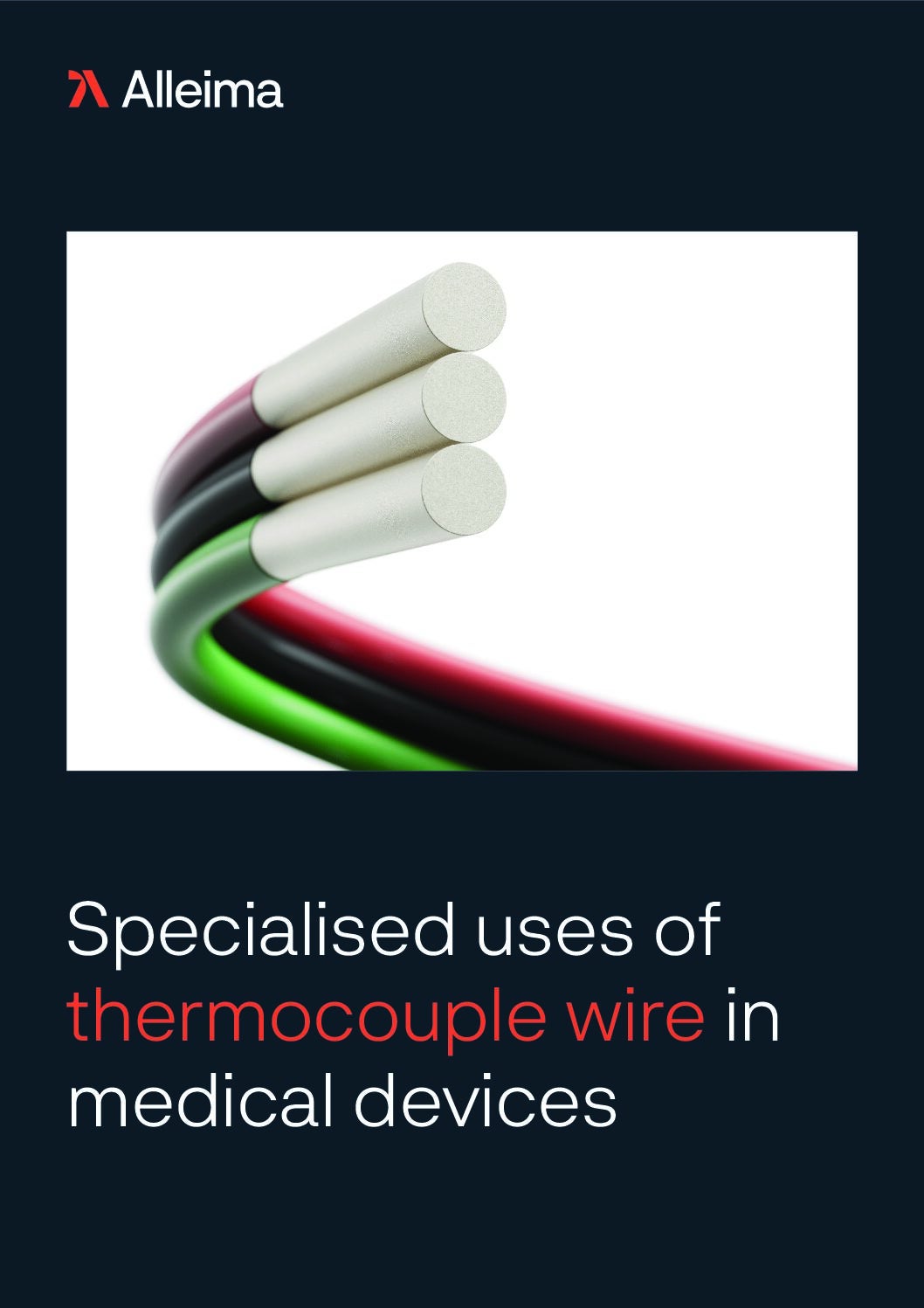
More people die from cardiovascular diseases every year than from any other cause. This is especially true in low- and middle-income countries, but diagnoses have steadily risen worldwide due to aging populations, unhealthy diets, and a lack of physical activity.
Over the past few decades, remarkable advances have transformed the landscape of cardiovascular health, offering new hope and improved outcomes for many patients affected by heart conditions. These innovations span from diagnostics totherapeutics, surgical techniques, and preventive measures, collectively reshaping the way cardiovascular diseases are managed and treated.
The post-pandemic growth of the cardiovascular devices market

The Covid-19 pandemic caused a global shock to the medical services market. In some areas, this entailed a sharp surge in demand, leading to lowered inventories and a scramble to fulfil orders. In many areas, disruption was in the form of a sudden drop in demand, with elective and non-essential surgeries curtailed. According to GlobalData analysis, some of the market segments that saw the biggest fall were interventional cardiology, cardiac rhythm management, surgical heart valves, clot management devices, and atherectomy devices. As the pandemic progressed, some restrictions were relaxed to enable hospital procedures to resume.

The categories least affected include peripheral vascular devices, transcatheter heart valves, cardiovascular surgery devices, electrophysiology devices, and cardiac assist devices, reflecting the essential nature of these treatments.
The treatments improving cardiovascular health
One of the most significant breakthroughs in cardiovascular health has been the advent of precision medicine. Tailoring treatment strategies based on an individual’s genetic makeup, lifestyle, and specific disease characteristics has led to more effective and targeted therapies. Genetic testing and biomarker analysis enable healthcare professionals to identify patients at higher risk or with particular genetic predispositions to certain cardiovascular conditions. This personalised approach allows for customised treatments, optimising patient care and outcomes.
The integration of artificial intelligence (AI) and machine learning in cardiovascular healthcare has also optimised diagnostics, risk assessment, and treatment planning. AI-driven algorithms analyse vast amounts of patient data, including imaging tests and electronic health records, to predict potential cardiovascular events more accurately.
Alongside this, wearable devices and mobile health applications continuously monitor vital signs, providing real-time data to both patients and healthcare providers, enabling early detection of irregularities and proactive interventions. Remote monitoring of cardiac devices, such as pacemakers and defibrillators, ensures timely adjustments and alerts healthcare professionals to potential issues, improving patient safety and outcomes.
The CVD market is also expanding when it comes to implantable devices, as manufacturers continue to develop minimally invasive designs. Implantable monitoring devices can detect changes in pulmonary artery pressure for earlier intervention and management, reducing the chances of patients requiring hospitalisation. These systems consist of an implantable sensor and a fine-wire transmission system, allowing patients to send readings directly to a physician.
The wire components in these devices are vitally important, as changes to pulmonary artery pressure must be reliably sensed and transmitted for the device to work. Alleima wire-based components are used for a variety of applications, from vascular therapy to biosensing and cochlear remediation. Customers can choose from an extensive range of materials, sizes, surface treatments and product forms to work with Alleima and develop medical-grade ultra-fine wire for their cardiovascular medical devices.
For more information about Alleima fine medical wire, visit their website.



